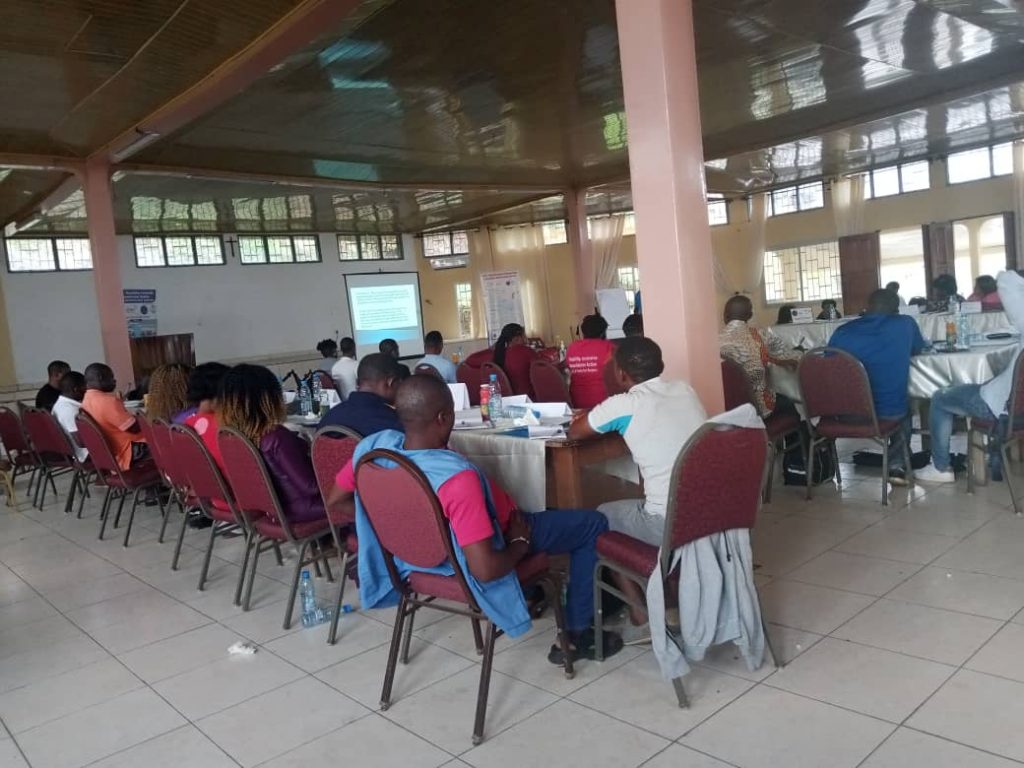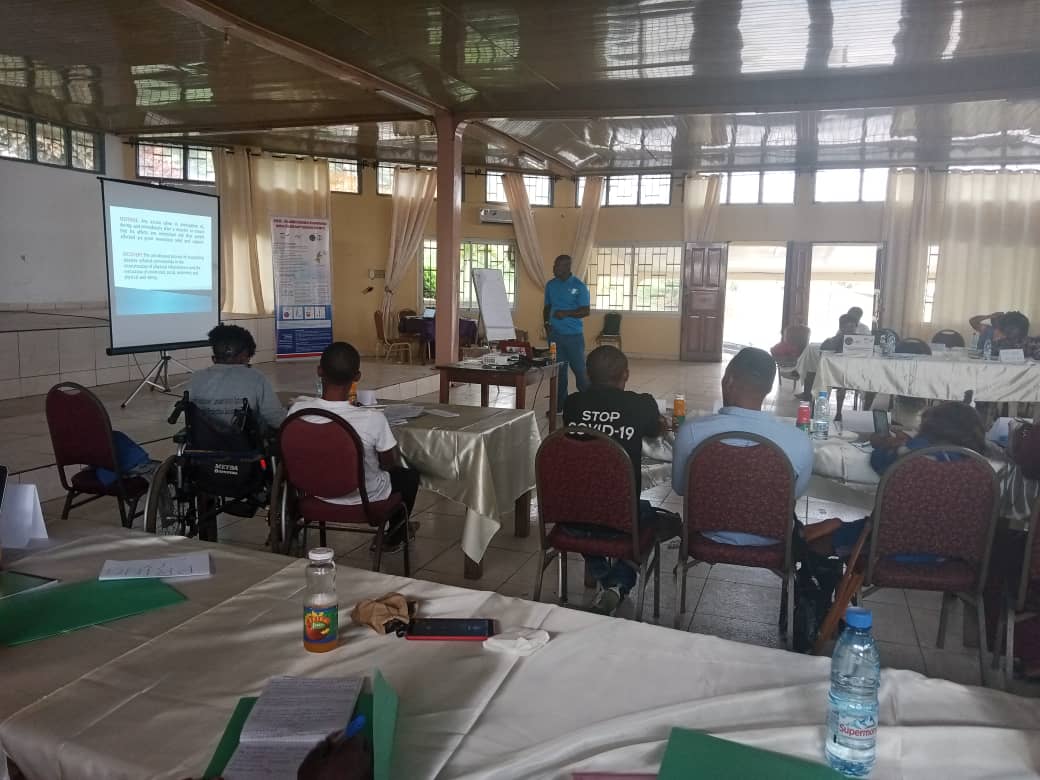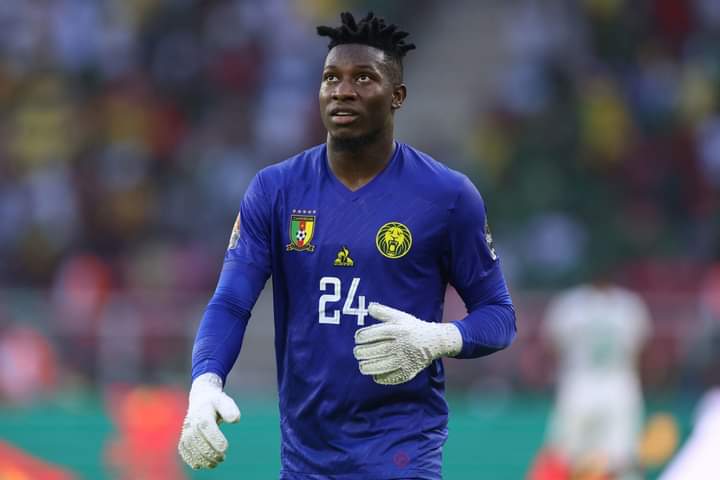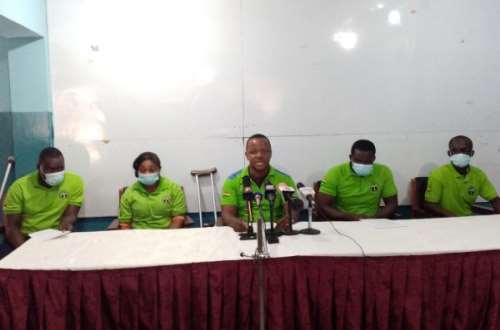By Kesah Princely, In Buea
The need to accommodate Persons with Disabilities, PWDs in humanitarian action in conflict-stricken Anglophone Cameroon has reached zenith with the Christian Blind Mission, CBM at the fore to make the dream a reality.
In 2017, a separatist armed conflict broke out in Cameroon’s duo English-speaking regions, leaving thousands of Persons with Disabilities, in peril.
While separatist fighters battle with government forces for the establishment of a virtual state called Ambazonia, PWDs remain the most affected with very little or no humanitarian assistance.

Despite the presence of aid workers across the warring Northwest and Southwest regions, intervention processes remain highly uninclusive, with the most vulnerable population often left out; advertently or inadvertently.
Lack of healthcare, hunger, unemployment, and limited access to educational facilities are some of the problems faced by PWDs amidst the deadly conflict.
It is against this backdrop that CBM, sharpened the skills of over 40 grassroots volunteers in a two-day workshop in Buea, capital of Cameroon’s restive Southwest region.
Also read: Breaching Barriers To Inclusion: CBM, PCRS Provide Assistance To Conflict-Affected PWDs In Cameroon
The training which unfolded from February 16 to 17 served as a platform for the volunteers who were drawn from different localities across Meme and Fako Divisions to gain knowledge and skills on inclusive humanitarian action.
The exercise, according to CBM, is to train a new breed of aid workers who are conscious of what it means to accommodate PWDs in humanitarian action.
In an exclusive interview with TWIF NEWS, Etoe Innocent, National Instructor with the Cameroon Red Cross said PWDs are the most affected at the wake of conflicts and other catastrophies.
“Building capacity of volunteers in humanitarian assistance is very important because, what often occurs on the field is different from what we get on the TV or newspapers,” he revealed.
Being the main facilitator at the two-day workshop, Etoe said he remained satisfied with the quality of training ditched out to the volunteers.
This is because a practical simulation exercise carried out to test the knowledge of volunteers on the field showed that the concept of disability inclusion in humanitarian response was well understood, the Cameroon Red Cross instructor said.
However, for the inclusion process to be meaningful, PWDs must be brought on-board; because, working for them without them, cannot attain the expected results.
The training is part of a health inclusive humanitarian project for PWDs, internally displaced persons and host communities in Meme and Fako Divisions; implemented by the Presbyterian Community Rehabilitation Service, PCRS.
It is hoped that the Buea training serves as a milestone towards changing the narrative and improving on the conditions of persons with disabilities who are the most affected by the protracted armed conflict.
For Information, Sponsorship or Advertisement, Contact TWIF NEWS via: 237680973157.






















